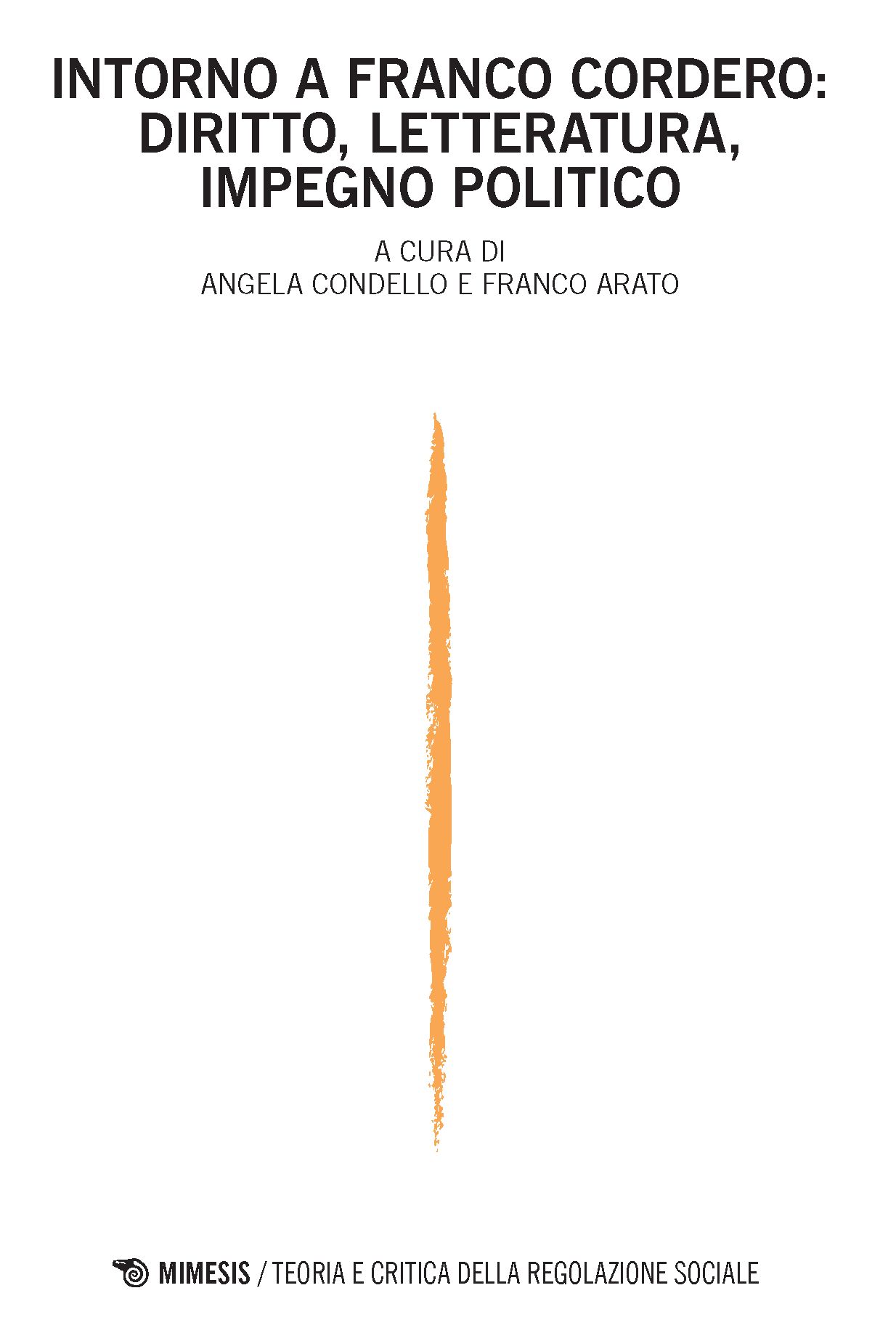Abstract
The article offers a reflection on the complexity of the experience of judgment, starting from an analysis of Franco Cordero’s thoughts on this topic. Cordero’s work is examined using the method of counterpoint, as in his reflections on judgment he oscillates between emphasizing the possibility of reducing the entire legal experience to a web of judgments, and the tendency to reduce judgment, even that of a legal judge, to a predominantly logical and controllable operation. By proposing an existential conception of legal judgment, the article engages with Cordero’s thought and ultimately identifies, within his peculiar philosophical-legal perspective, the rationale for the predominantly logical-formal meaning of judgment that he suggests. The concern raised is that this interpretation might inevitably lead to a partial removal of the question surrounding the concept of justice.

